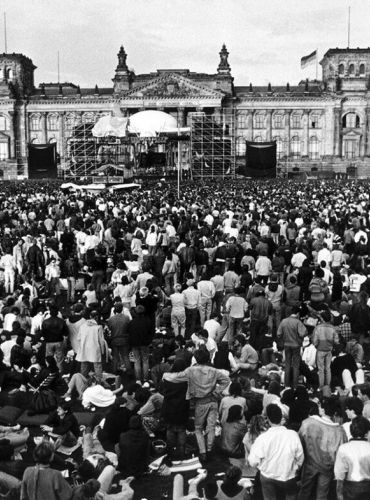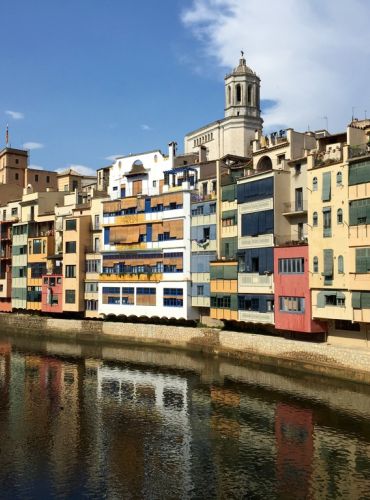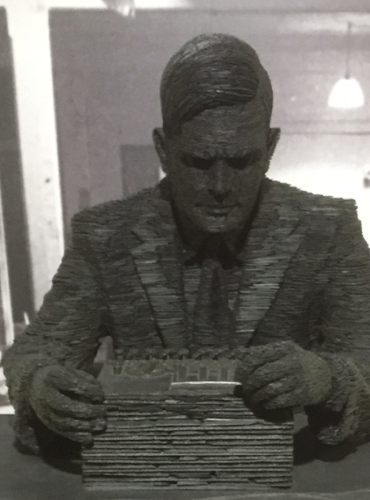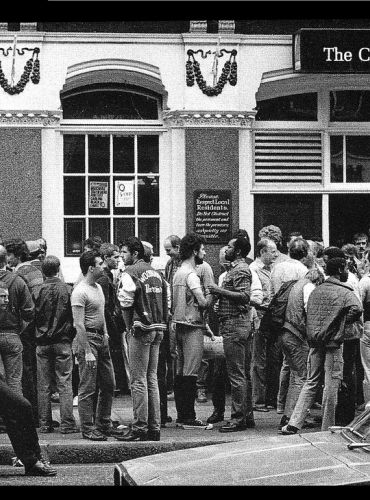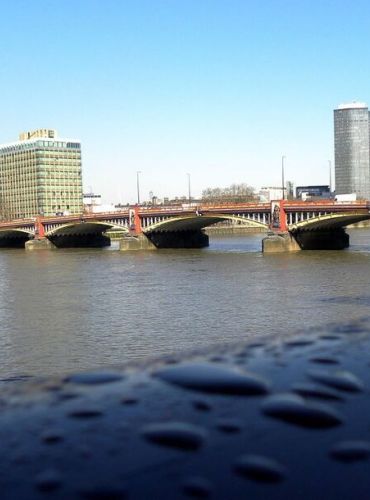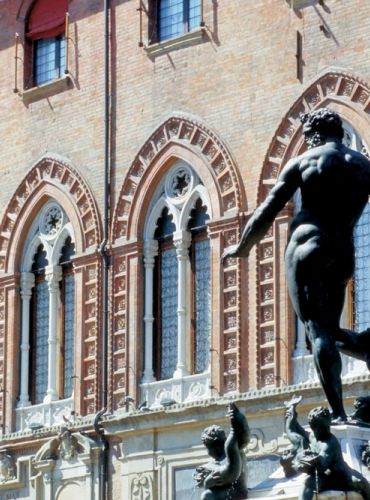From Gold to Dust - Why in Berlin?

Giorgio Petti
Related articles
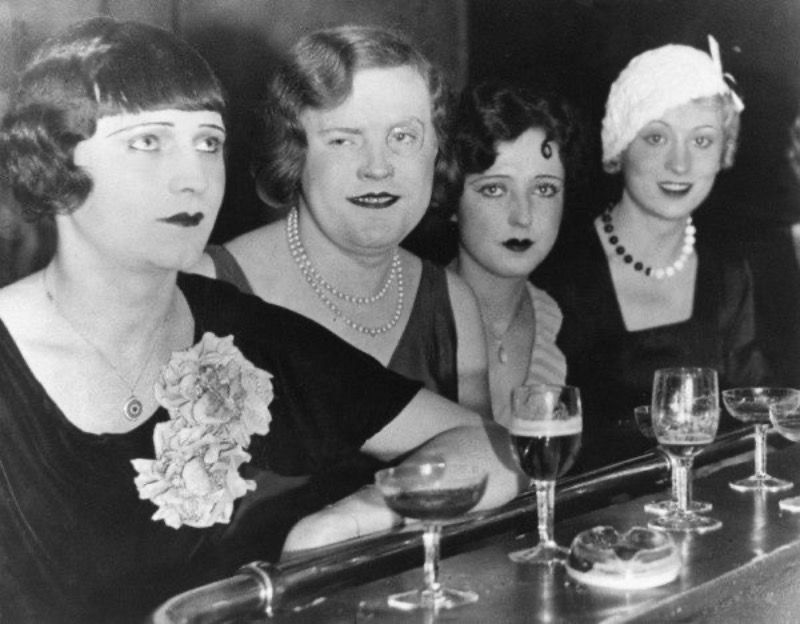
Page 2 of 3: P2
Why in Berlin?
Some say that the German Romanticism movement, its idealism and ethos that heroic individuals could obtain freedom to make their own laws, in defiance of society is the reason why, of all places, the homosexual liberation movement started here. Friendships that bordered on the homoerotic are common in German Romantic literature. So, although in other countries the absence of specific legislation against gay men (for instance in France and Italy) acted as a powerful magnet versus much more repressive countries, it was in Germany that the talk of sexuality was actually entertained for the first time, despite the prohibition of homosexual practices due to paragraph 175.
For what concerns Berlin, a lot of the responsibility for the ascent of the city as a gay capital can be traced back to the 1880s when Police Commissioner Leopold von Meerscheidt-Hüllessem instituted a 'Department of Homosexuals', religiously listing all the known gay male individuals in town. This might sound very much as a J. Edgar Hoover-type action, but the commissioner's purposes were a lot less malign. Although he was not gay himself, he was of the belief that in order to keep control of the phenomenon, the best thing to do was to keep it in check, avoiding abuses, radicalization and criminal infiltrations. Von Meerscheid-Hüllessem was so respected in the resulting thriving early gay community that he was regularly invited to the many transvestite balls and revues held in Berlin.
The Commissioner's actions were well approved by his superior, who was rumored to have a penchant for young cadets and had therefore all the interest to keep the city as lively and free as possible.
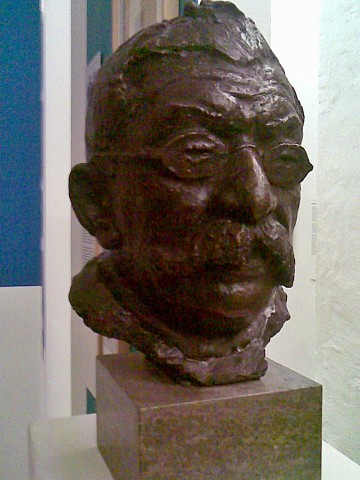
Different ideas: Adolf Brand and Magnus Hirschfeld
One beneficiary of the relaxed climate of the German Capital was Magnus Hirschfeld, a Jewish-German doctor who in 1897. founded the Scientific-Humanitarian Committee (Wissenschaftlich-humanitäres Komitee – WhK) and later the Institute for Sexual Sciences (Institut für Sexualwissenschaft) in 1919. The WhK's aim was the support of gay, bisexual and transgender men & women – the first ever institution with such aim and could not have been existed without the support of the Police. Hirschfeld's thought was that there was a 'third sex' between man and woman, and that this was pretty much innate, something that another great unsung LGBT hero, Karl Henrich Ulbrich, had for the first time verbalized and put forward a few years before.
Hirschfeld was not entirely without enemies in Berlin. He was very much interested in transvestitism, lesbianism and effeminate behaviours and some others thought that this was not entirely representative of homosexuality. In fact they believed that love between men was über-masculine, or the ultimate masculinity. Adolf Brand is responsible for having set up the first gay magazine ever - Der Eigene, in 1903, breaking away from the WhK. Not all aspects of this magazine were particularly salubrious: a lot of this hyper-masculinity was mixed with misogyny, antisemitism and nationalism and yet it remains a milestone for LGBT culture.
